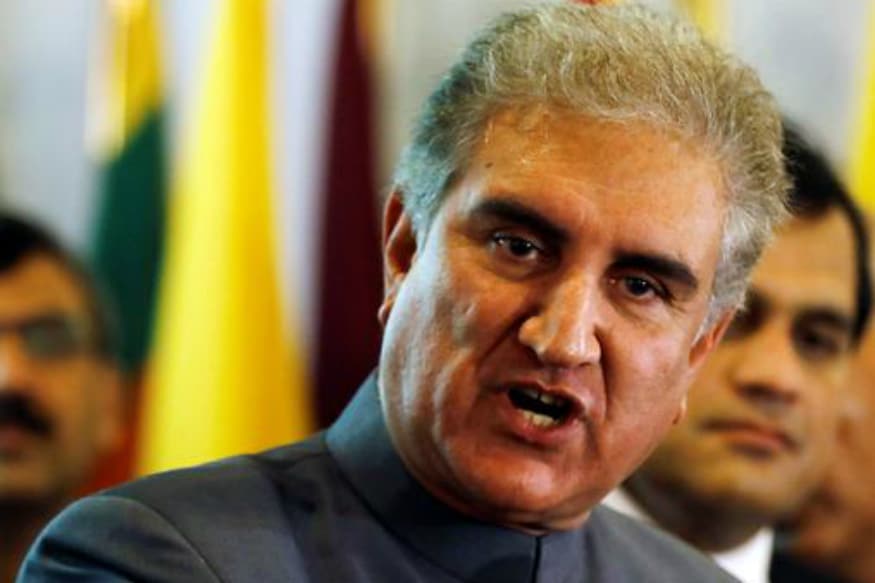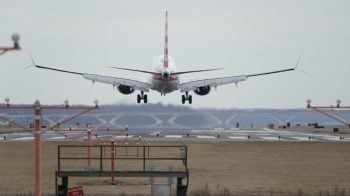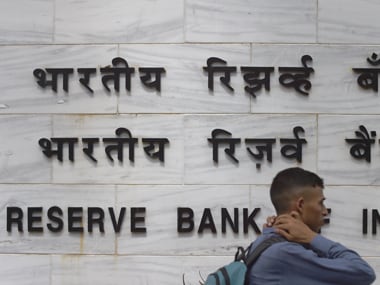Thales will provide a seamless response to customers, including critical infrastructure providers such as banks.
French group Thales announced that the company has completed the previously announced acquisition of digital security firm Gemalto for 4.8 billion Euro.
The larger Thales will master all the technologies underpinning the critical decision chain for companies, organisations and governments. Incorporating the talent and technologies of Gemalto, Thales will develop secure solutions to address the major challenges faced by our societies, such as unmanned air traffic management, data and network cybersecurity, airport security or financial transaction security.
This combination creates a portfolio of digital identity and security solutions based on technologies such as biometry, data protection, and, more broadly, cybersecurity. Thales will thus provide a seamless response to customers, including critical infrastructure providers such as banks, telecom operators, government agencies, utilities and other industries as they step up to the challenges of identifying people and objects and keeping data secure.
The new Thales will cover the entire critical decision chain in an increasingly interconnected and vulnerable world, with capabilities spanning software development, data processing, real-time decision support, connectivity and end-to-end network management.
With €1 billion a year devoted to self-funded R&D, the Group will continue to innovate in its key markets, drawing in particular on its world-class digital expertise in the Internet of Things, Big Data, artificial intelligence and cybersecurity.
Following this acquisition, Gemalto will form one of Thales’s seven global divisions, to be named Digital Identity and Security (DIS). Gemalto will interact with all of the Group’s civil and defence customers and will significantly strengthen its industrial presence in 68 countries.
Thales will considerably expand its operations in Latin America (2,500 employees, up from 600), triple its presence in Northern Asia (1,980, from 700), Southeast Asia (2,500, from 800) and India (1,150, from 400) and North America (6,660 employees, up from 4,600).




























































